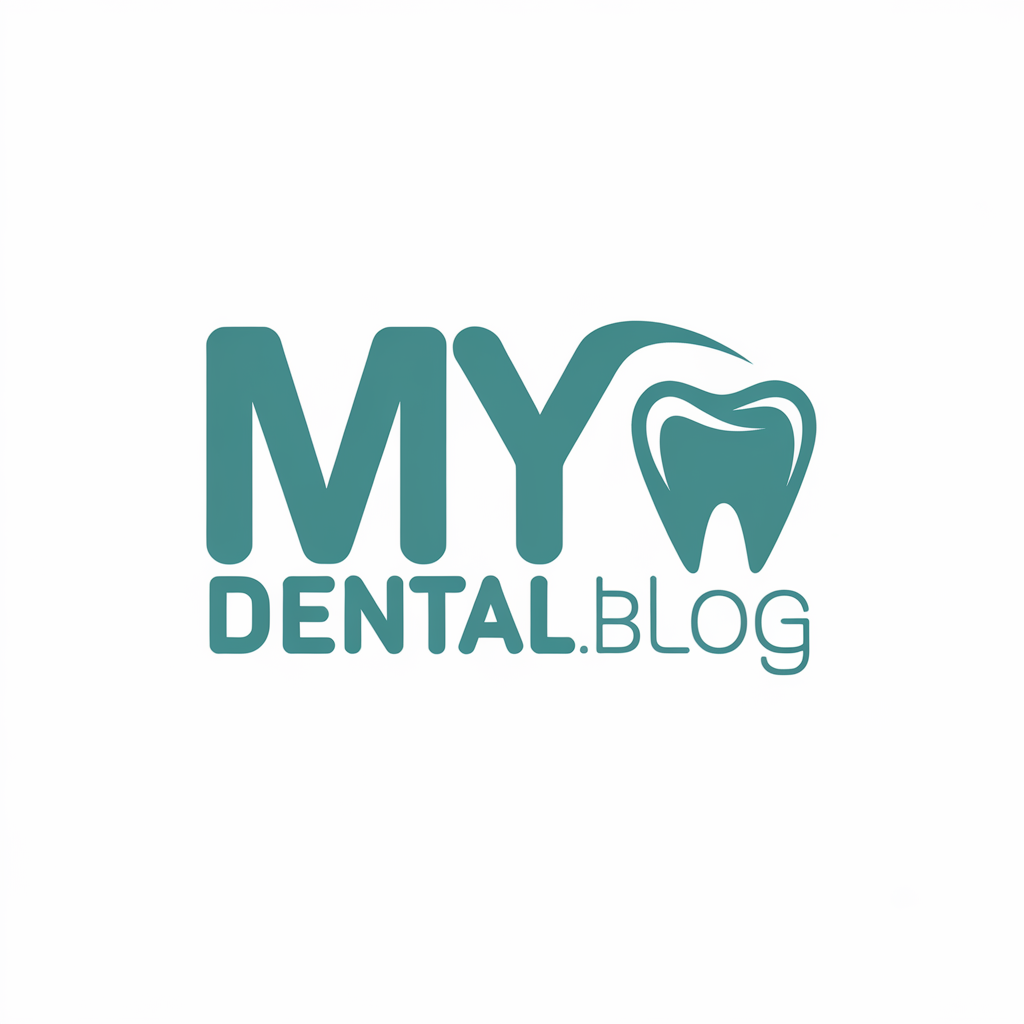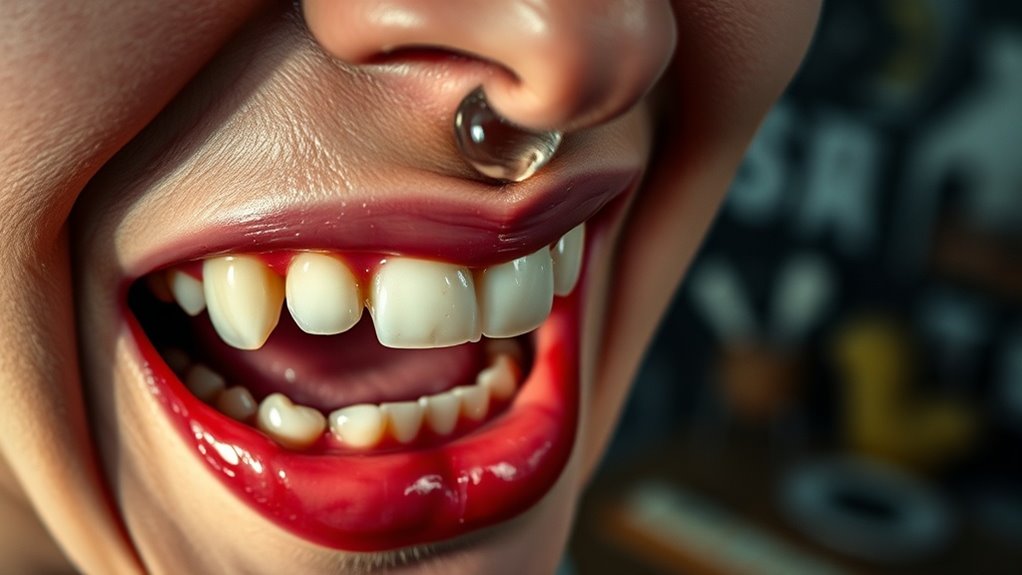How Stress Impacts Your Oral Health
Stress isn’t just a mental burden; it can take a toll on your oral health, too. You might notice changes in your habits or experience discomfort that you can’t quite explain. Understanding the connection between stress and your teeth is vital for maintaining your overall well-being. There are specific ways stress can undermine your dental health, and recognizing these factors is the first step toward better care. Let’s explore what you need to know.
The Link Between Stress and Oral Health
Although many mightn’t connect stress with oral health, the reality is that stress can significantly impact your dental well-being.
When you experience stress, you might grind your teeth or neglect proper oral hygiene. These behaviors can lead to various dental issues, compromising not just your smile but also your overall health. Stress-induced cortisol release can impair your immune system, further increasing your risk for dental complications.
Recognizing the link between stress and oral health is essential for preventive care.
Common Oral Health Issues Caused by Stress
When stress is left unmanaged, it can lead to several common oral health issues that may catch you off guard. You might experience symptoms such as gum disease, tooth decay, and dry mouth. Recognizing these conditions can help you take preventive measures. Additionally, addressing anxiety’s impact on your dental health can improve your overall well-being.
| Oral Health Issue | Description | Prevention Tips |
|---|---|---|
| Gum Disease | Inflammation of gums | Regular dental check-ups |
| Tooth Decay | Cavities in teeth | Maintain good hygiene |
| Dry Mouth | Lack of saliva | Stay hydrated |
Stress-Induced Habits That Harm Your Teeth
How often do you find yourself clenching your jaw or grinding your teeth due to stress?
These stress-induced habits can lead to significant dental issues, including enamel wear, increased tooth sensitivity, and jaw pain.
Additionally, biting your nails or chewing on pens can further harm your teeth.
Recognizing these behaviors is crucial for maintaining your oral health during stressful times. Identifying behaviors such as bruxism signs is crucial for intervention.
How Stress Affects Your Immune System and Oral Health
Here’s how:
- Decreased saliva production.
- Increased inflammation in gums.
- Higher risk of infections like gum disease.
- Slower healing of oral wounds.
Maintaining a healthy immune system is crucial for preventing oral health issues during stressful times. Moreover, chronic stress can lead to poor oral hygiene that exacerbates conditions like gum disease, further complicating overall health.
Tips for Maintaining Oral Hygiene During Stressful Times
Although daily routines may become chaotic during stressful periods, prioritizing your oral hygiene is essential for maintaining good health.
Set reminders for brushing twice daily and flossing regularly. Consider keeping dental care products within reach to prompt usage.
Stay hydrated and choose healthy snacks over sugary ones.
Lastly, practice relaxation techniques to reduce stress, which in turn can support your oral hygiene routine. Additionally, staying hydrated helps promote saliva production to cleanse the mouth and fight bad breath.
Seeking Professional Help for Stress-Related Oral Health Issues
Are you noticing changes in your oral health that might be linked to stress?
It’s essential to seek professional help. Consider these signs:
- Increased tooth sensitivity
- Frequent headaches or jaw pain
- Gum inflammation or bleeding
- Teeth grinding or clenching
Address these concerns promptly with your dentist; they can provide tailored solutions and help mitigate further oral health issues caused by stress.





